order histories, retained contact details for faster checkout, review submissions, and special promotions.
Forgot password?
order histories, retained contact details for faster checkout, review submissions, and special promotions.
Locations
Orders Processing,
Shipping & Receiving,
Warehouse
2 Shaker Rd Suites
B001/B101
Shirley, MA 01464
Production Lab
Floor 6, Suite 620
20700 44th Avenue W
Lynnwood, WA 98036
Telephone Numbers
Tel: +1 (206) 374-1102
Fax: +1 (206) 577-4565
Contact Us
Additional Contact Details
order histories, retained contact details for faster checkout, review submissions, and special promotions.
Forgot password?
order histories, retained contact details for faster checkout, review submissions, and special promotions.
OTUD5
OTU domain containing 5
OTUD5 is a member of the OTU (ovarian tumor) domain-containing cysteine protease superfamily. The OTU domain confers deubiquitinase activity and the encoded protein has been shown to suppress the type I interferon-dependent innate immune response by cleaving the polyubiquitin chain from an essential type I interferon adaptor protein. Cleavage results in disassociation of the adaptor protein from a downstream signaling complex and disruption of the type I interferon signaling cascade. Alternatively spliced transcript variants encoding different isoforms have been described.
| Gene Name: | OTU domain containing 5 |
| Synonyms: | OTUD5, Deubiquitinating enzyme A, Deubiquinating enzyme A, DUBA, OTU domain containing 5 |
| Target Sequences: | Q96G74 Q96G74 |
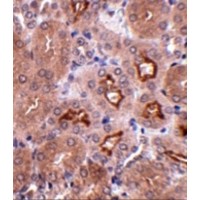
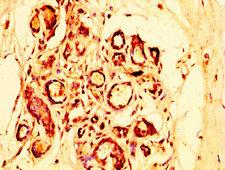
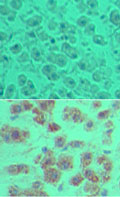
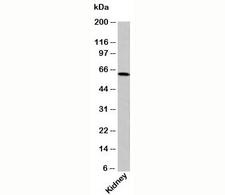
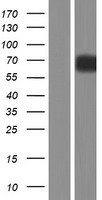
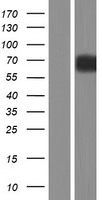
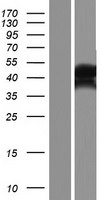
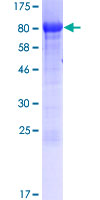



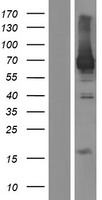

If you do not find the reagent or information you require, please contact Customer.Support@LSBio.com to inquire about additional products in development.









